Leaked documents have exposed a dangerous cartel operating within the Energy and Petroleum Regulatory Authority (EPRA), which is accused of facilitating illegal LPG refilling across the country.
Following an earlier exposé on unsafe working conditions at Top Gas, more disturbing details have emerged showing how corruption has deeply affected the entire LPG sector.
Multiple sources have come forward with shocking claims that EPRA and sections of the police have been receiving bribes to allow these illegal and dangerous operations to continue.
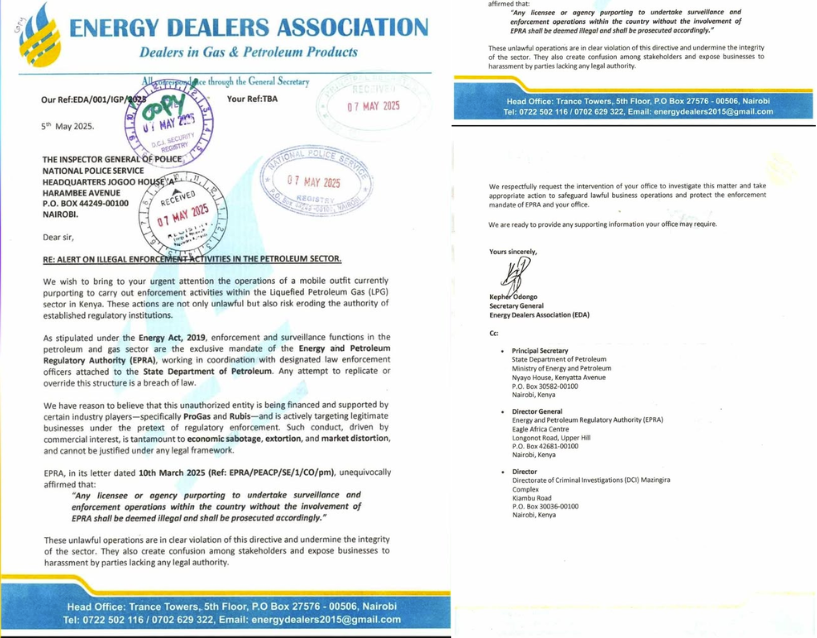
This cartel operates by ignoring clear safety violations and licensing depots that do not meet the minimum requirements. Rogue depots are allegedly protected using influence from letters written by groups like the Energy Dealers Association (EDA), effectively stopping police and EPRA from taking action.
A case in point is a letter written by former EPRA Director-General Pavel Oimeke who once proposed banning night refilling of LPG to improve safety. That move was shut down by a counter-letter from EDA, clearly showing how powerful this illegal network has become.
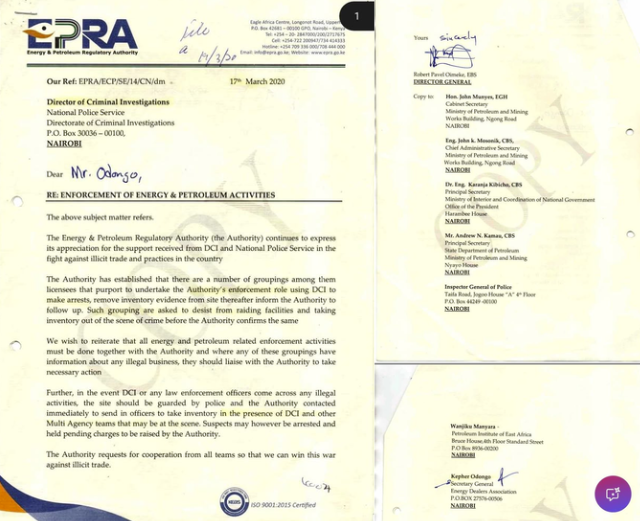
Illegal LPG refilling stations are found across Nairobi and in other towns. These stations operate near homes, schools, hospitals, and public roads. Even with such obvious risks, EPRA continues to issue licenses or turn a blind eye.
Reports say that every month, police officers collect bribes from illegal depots and allow them to keep operating. Efforts by multinational companies like Proto Energy and Rubis to enforce safety standards are often blocked by EPRA itself, especially when these efforts threaten rogue players in the market.
A whistleblower message sent to Cyprian Nyakundi revealed even more disturbing information. The source confirmed that employees working in these stations are silently dying from illnesses caused by constant gas exposure and cold working conditions.
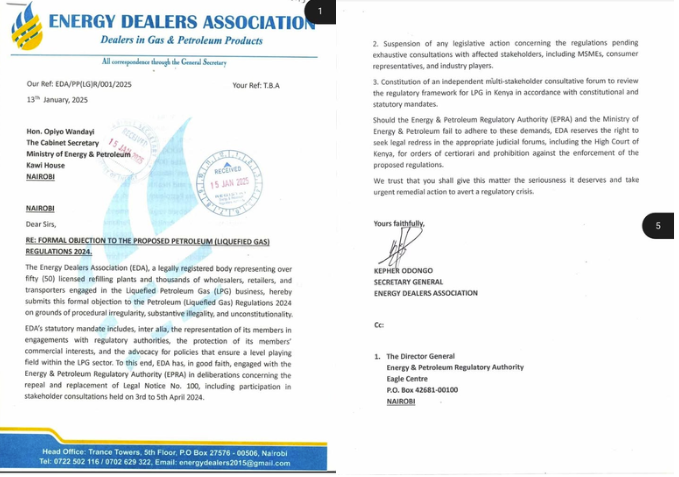
When these workers fall sick, they are quietly fired with no medical help or compensation. One engineer reportedly died recently at Top Gas, yet no EPRA official was held accountable.
These cases are never investigated, and the depots remain operational.
Photos and videos taken secretly by staff show chaotic and life-threatening conditions in places like Kamakis, Thindigua, Ruai, Kibera, and Kawangware. Some stations are located just meters from power lines or squeezed between boda stages and car yards. Refilling LPG and petrol next to each other is common, yet no action is taken.
The same cycle continues, EPRA visits, bribes are paid, and nothing changes. In many of these locations, autogas stations operate without licenses, with some converting old petrol stations into illegal LPG sites.
Car owners, thinking they are saving money, unknowingly put themselves and others at great risk. The danger is real, and the government’s regulator has failed completely. Crackdowns funded by multinational companies like Proto Energy once raised hope, but all the cases taken to court collapsed under mysterious circumstances, exposing the deliberate failure by EPRA to act.
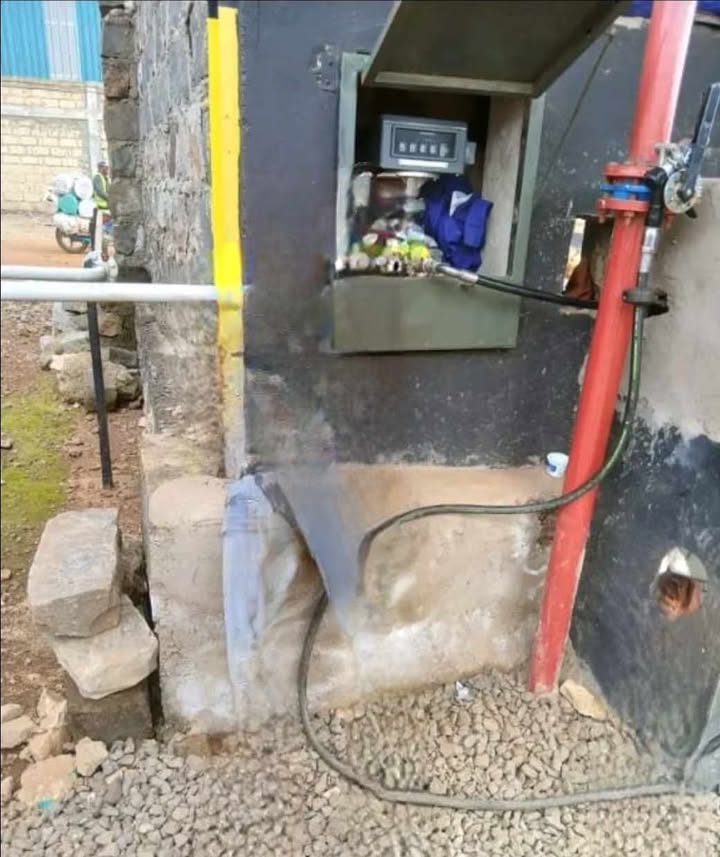
One name repeatedly mentioned in this crisis is Kepher Odongo from EDA, who is reportedly tasked with writing letters that stop police from arresting depot owners whenever enforcement is attempted. This level of interference is a sign that the cartel is not just powerful, but also deeply connected within EPRA and the police force.
The leaked documents also show that the total number of LPG depots in the country is small enough for EPRA to assign officers for full-time oversight. Yet nothing is done. Instead, we see a pattern of staged PR arrests while illegal operations grow.
Even the so-called branded depots have been found to lack proper safety standards, with gas spilling during cylinder refills and employees working without protective gear.What’s worse is the silence surrounding the human cost.
Many workers fall sick and die without anyone raising alarm. No media coverage, no inquiries, no accountability. One insider said if we wait long enough, a major disaster will strike.
They warned that without a complete overhaul of EPRA clearing out the entire leadership and starting fresh lives will continue to be lost and the public will remain in danger. The bitter truth is that this is not just about profit, but about life and death.






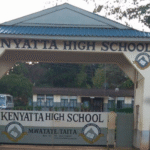
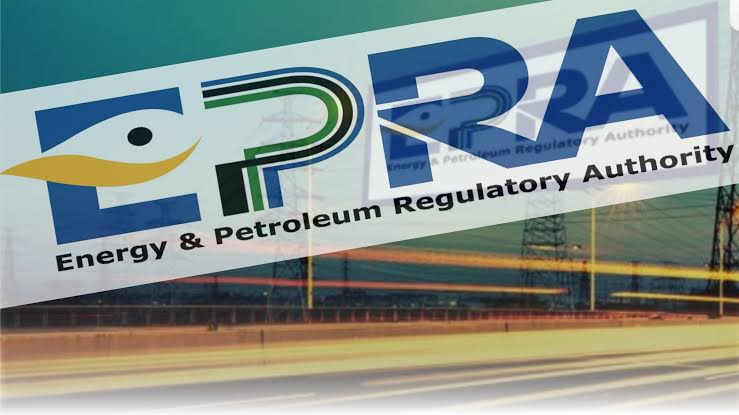













Add Comment